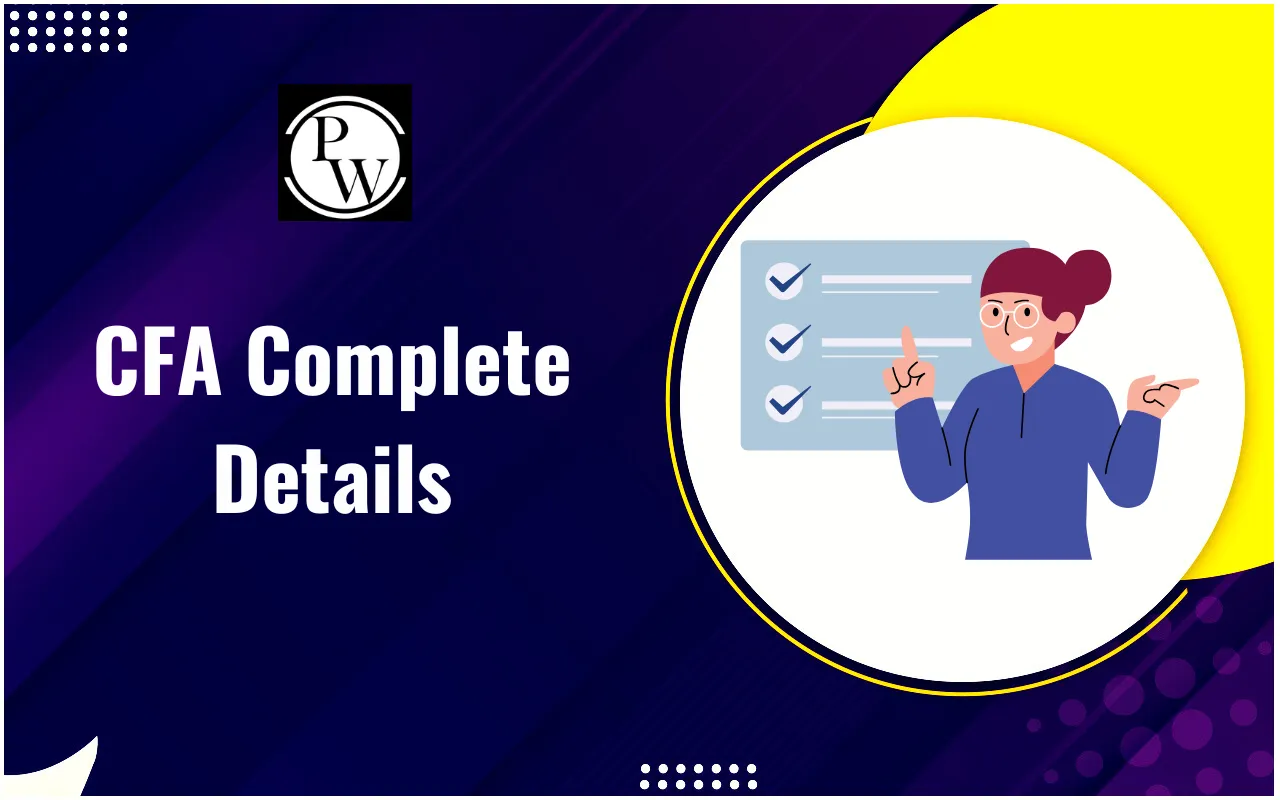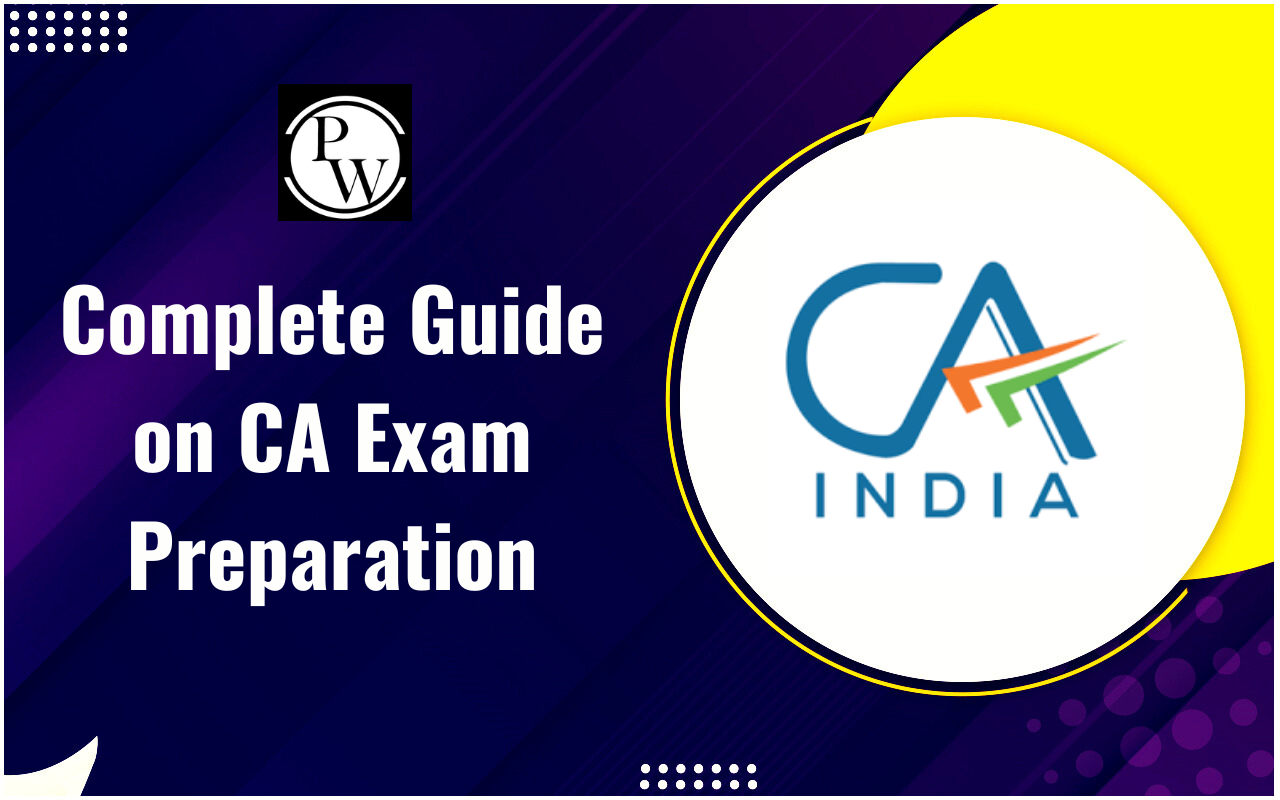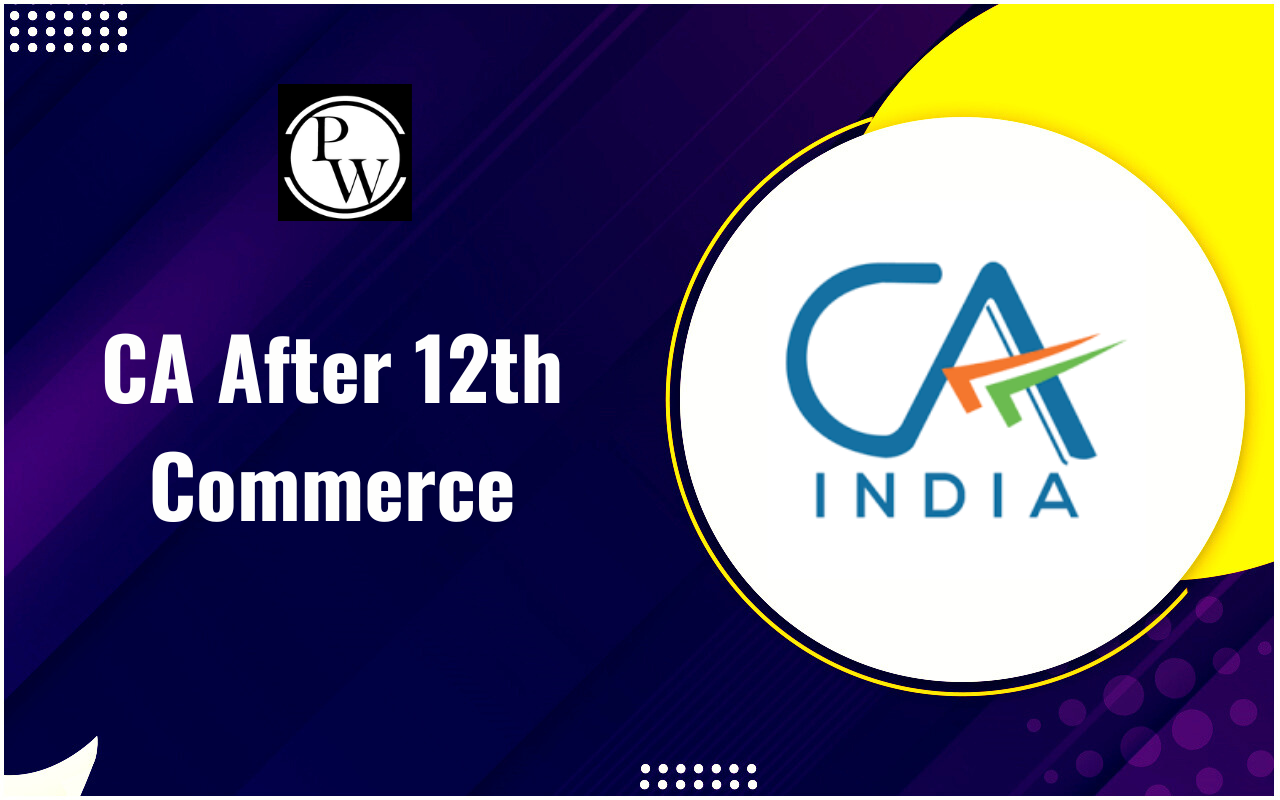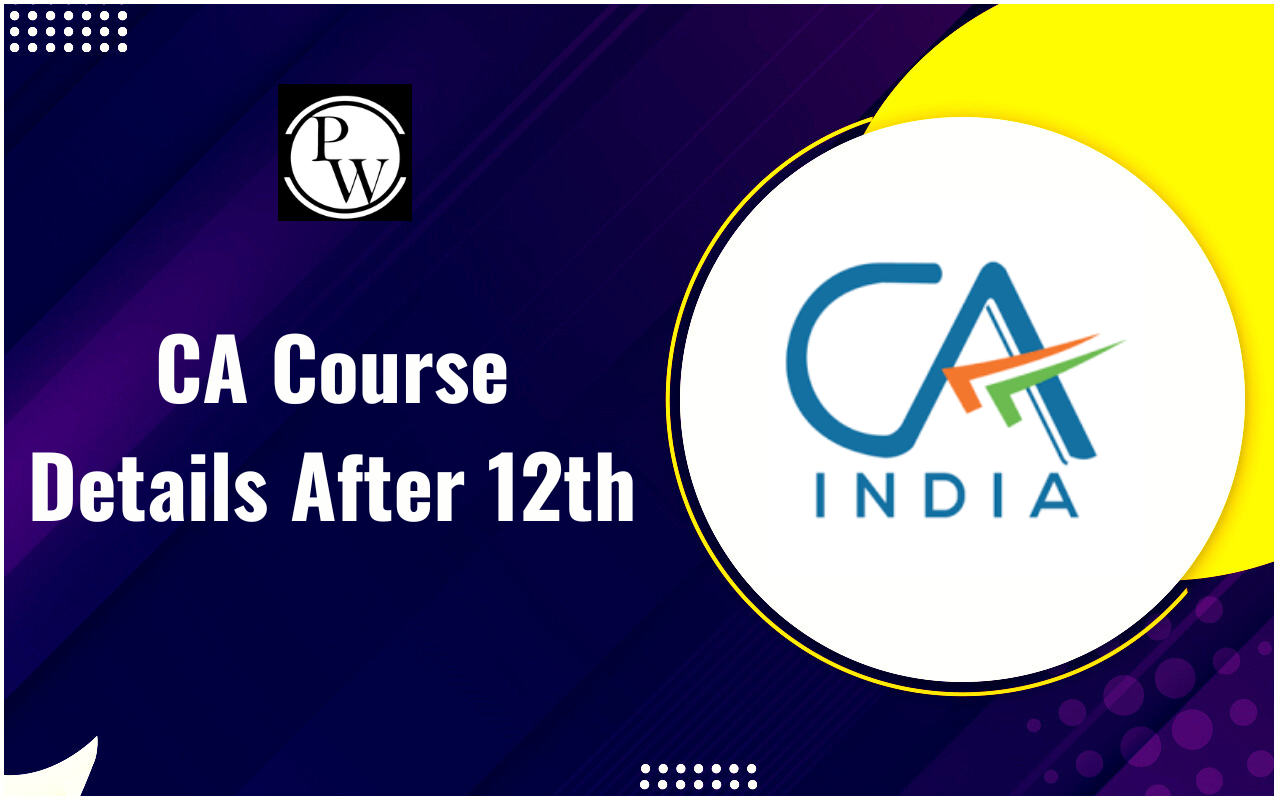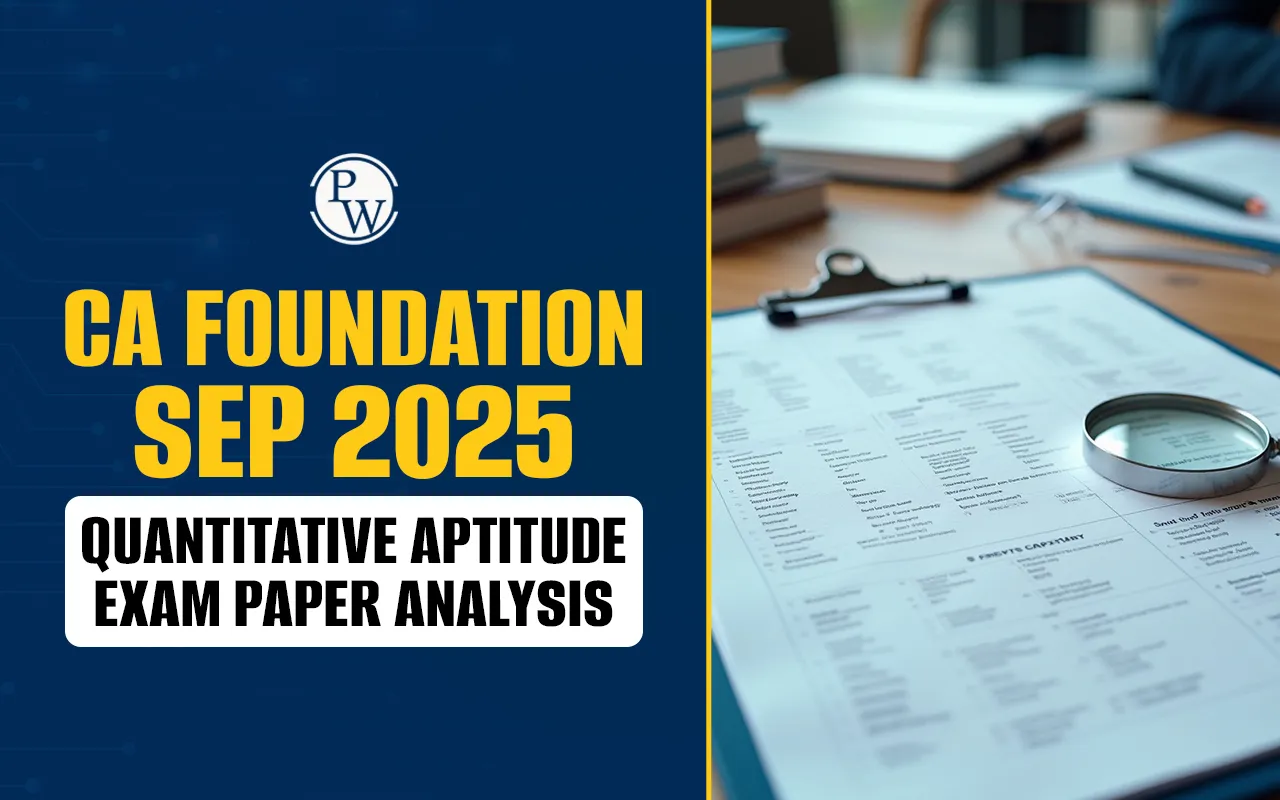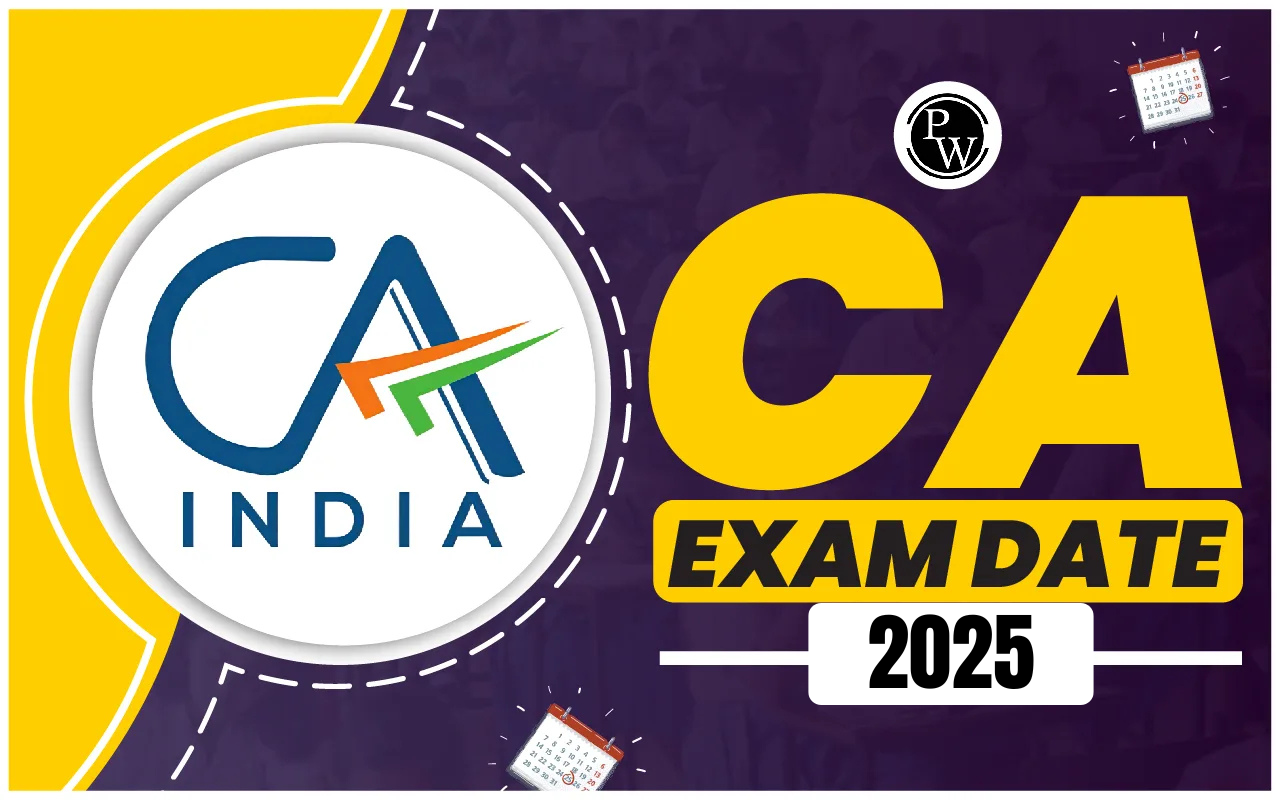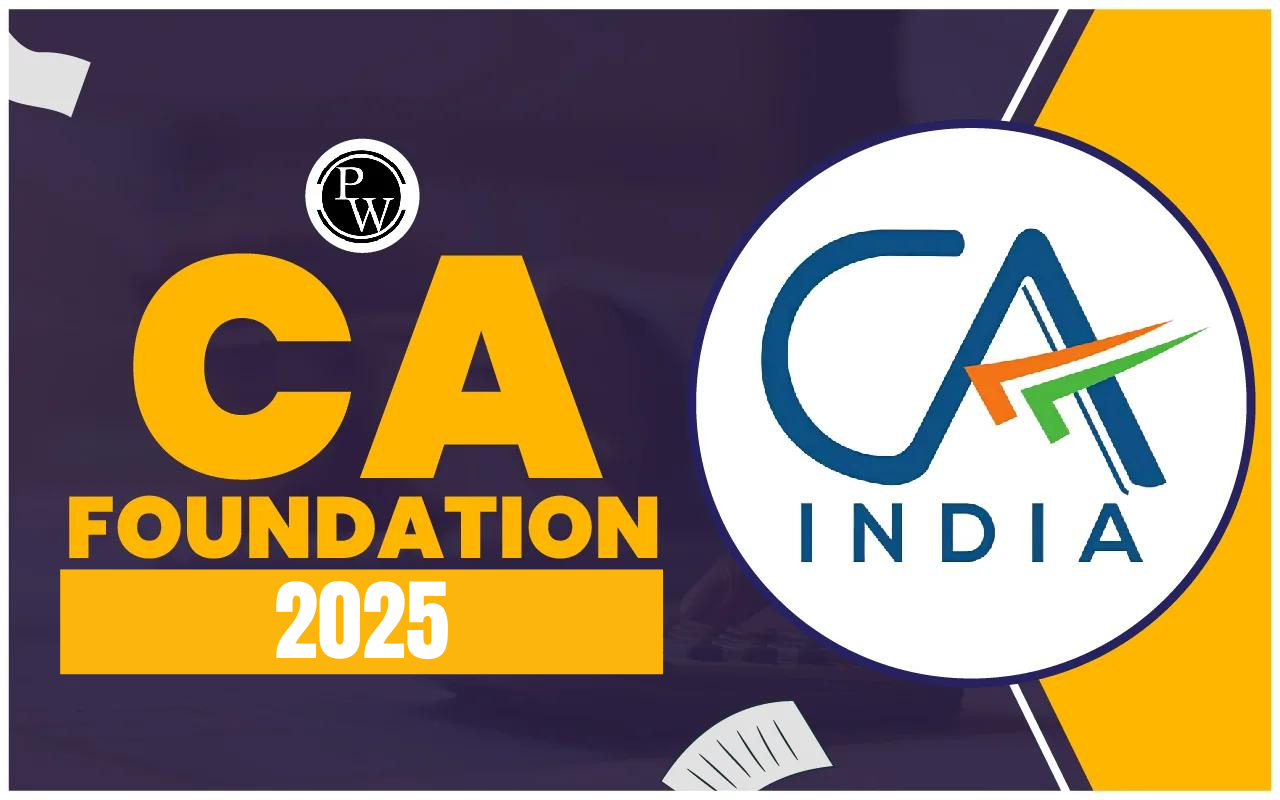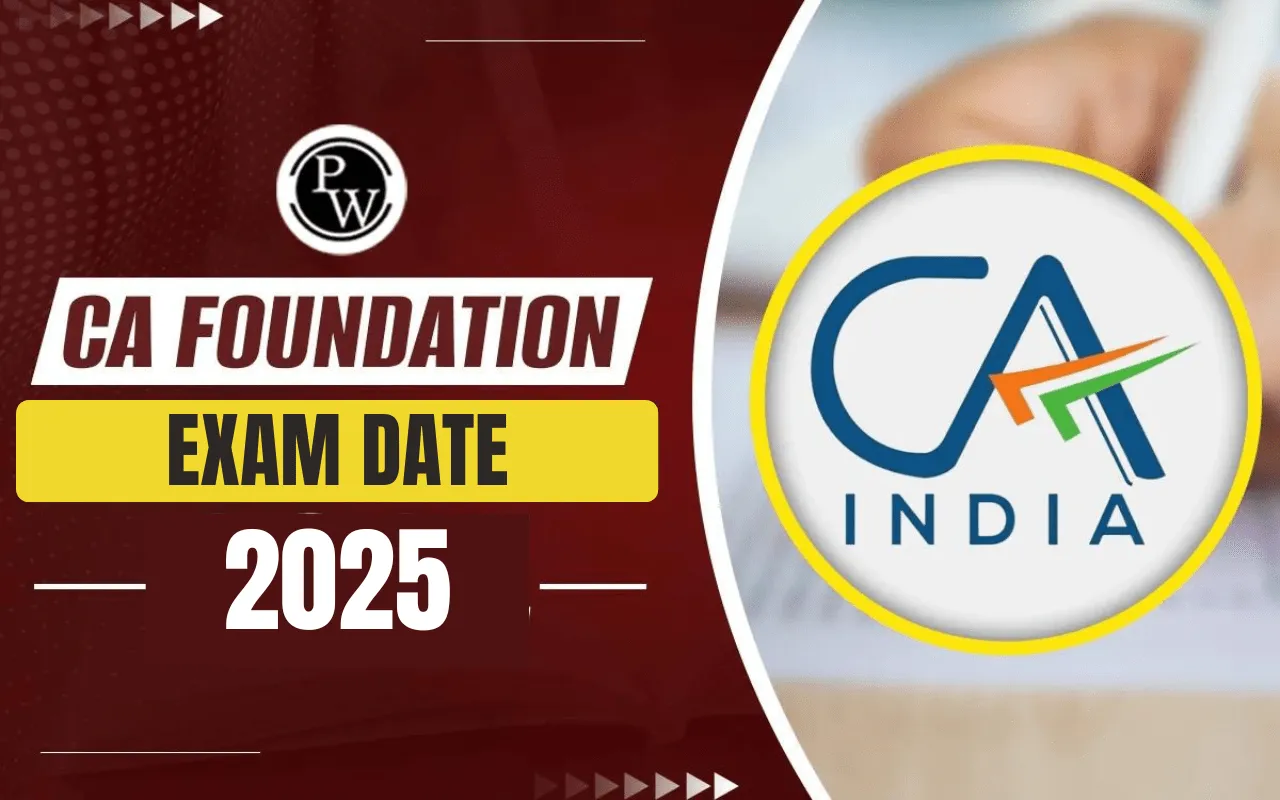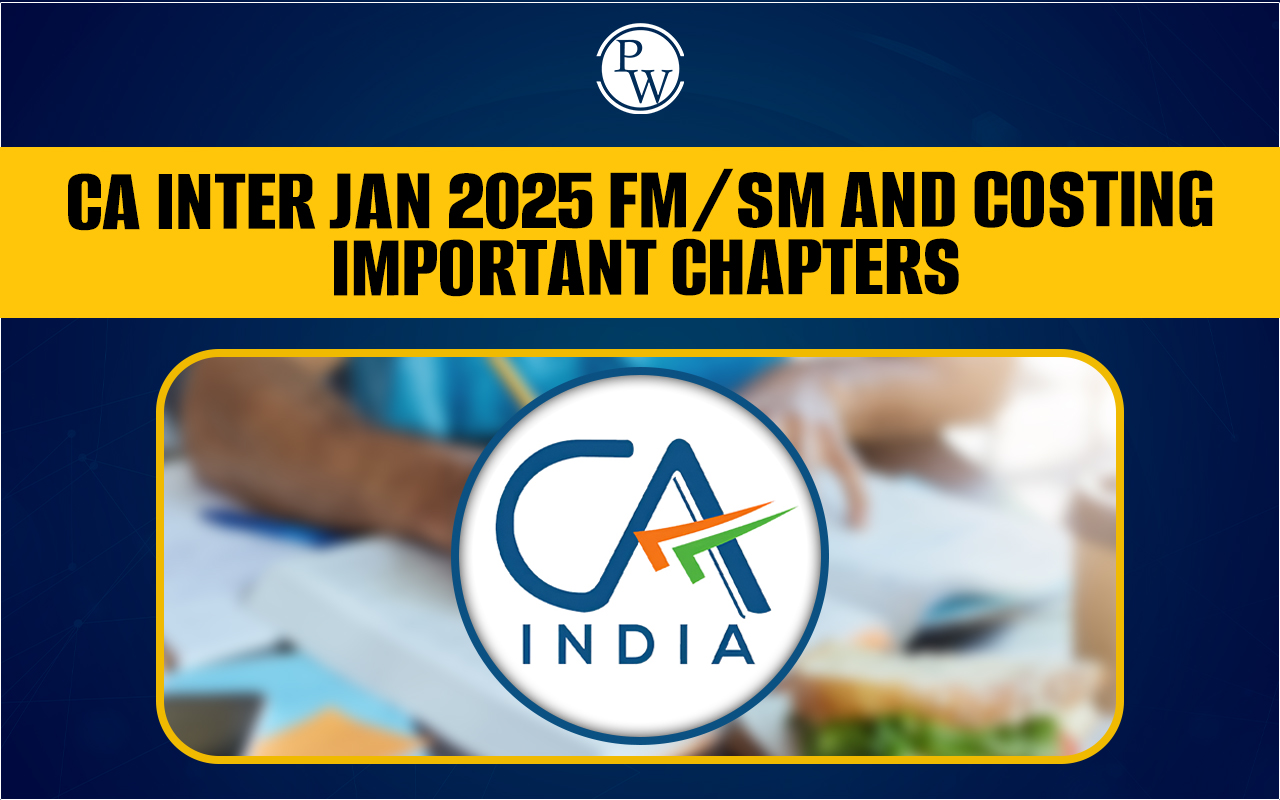
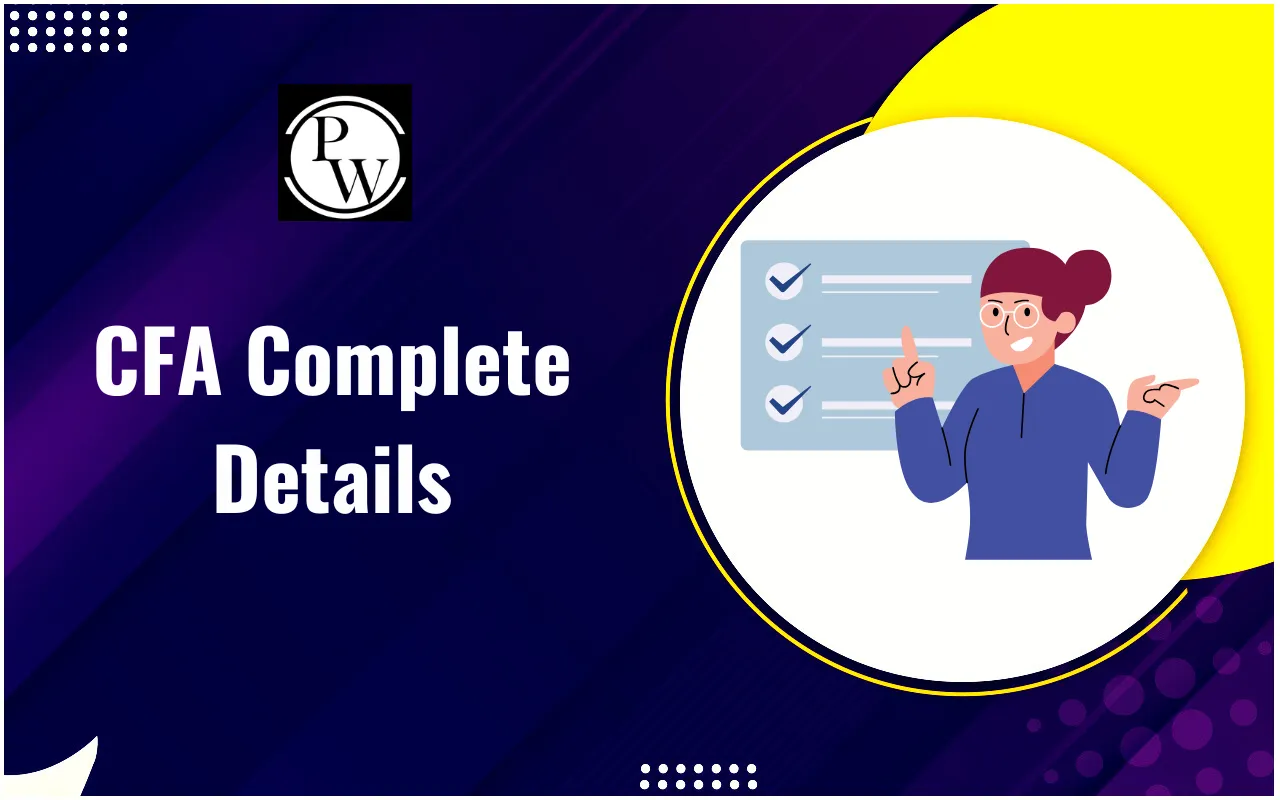
CFA Complete Details: CFA stands for Chartered Financial Analyst (CFA) and is a globally recognized professional certification offered by the CFA Institute that focuses on investment management, financial analysis, and ethical standards. It consists of three levels of exams that cover areas such as investment tools, asset valuation, portfolio management, and wealth planning.
Candidates can complete the entire course in about 2.5 to 4 years. CFA eligibility requires candidates to have a bachelor’s degree or relevant work experience. CFA charterholders are highly respected in the finance industry and are qualified for senior roles in asset management and investment banking.
CFA Complete Details Overview
Chartered Financial Analyst (CFA) Program is the most respected and recognized investment management designation in the world. Earning the CFA Charter signifies a mastery of advanced investment analysis and a commitment to ethical practice. Here is the summary of the CFA complete details:
| CFA Complete Details Overview | |
| Particulars | Details |
| Administered By | CFA Institute (based in the USA) |
| CFA Eligibility |
Bachelor's degree (or equivalent), OR Be within 23 months of graduation from a bachelor's program, OR Have 4,000 hours of professional work experience |
| CFA Exam Pattern | The CFA program consists of three levels: Level I, Level II, and Level III. |
| Course Duration | 2.5 years to 4 years |
| Topics Included | Ethical and Professional Standards, Quantitative Methods, Economics, Financial Statement Analysis, Corporate Issuers, Equity Investments, Fixed Income, Derivatives, Alternative Investments, and Portfolio Management. |
| CFA Career Scope | Portfolio Manager, Research Analyst, Investment Banker, Risk Manager, and Wealth Manager |
| CFA Salary | Salaries ranging from $100,000 to over $200,000+ |
CFA Eligibility Criteria
To enroll in the CFA Program and register for the CFA Level I exam, a candidate must meet at least one of the following criteria.
- Have a Bachelor’s degree or be in the final year of your undergraduate program, OR
- Have 4,000 hours of professional work experience over a minimum of 36 months, OR
- Have a combination of 4,000 hours of professional work experience and/or higher education that was acquired over a minimum of three sequential years.
Additional Requirements
- Candidates must have a valid international travel passport.
- Proficient in the English Language
Check, also: CA Exam Levels
CFA Complete Details of Fees
The Chartered Financial Analyst (CFA) program fees include a one-time enrollment fee and separate registration fees for each of the three exam levels. The registration fee varies based on early or standard registration. with early registration offering a substantial discount. Additional costs include optional study materials, exam rescheduling fees, and coaching fees.
Provided below are the CFA complete details of fees for candidates’ reference:
| CFA Complete Details of Fees | ||||
| Fee Component | Level I | Level II | Level III | Total (All Levels) |
| One-Time Enrollment Fee | ₹41,000 | – | – | ₹41,000 |
| Early Exam Registration | ₹1,10,000 | ₹95,000 | ₹95,000 | ₹3,00,000 |
| Standard Exam Registration | ₹1,36,000 | ₹1,20,000 | ₹1,20,000 | ₹3,76,000 |
| Coaching / Prep (Optional) | ₹35,000 – ₹50,000 | ₹35,000 – ₹50,000 | ₹35,000 – ₹50,000 | ₹1,05,000 – ₹1,50,000 |
| Study Materials (Optional) | ₹10,000 – ₹15,000 | ₹10,000 – ₹15,000 | ₹10,000 – ₹15,000 | ₹30,000 – ₹45,000 |
| Rescheduling (Optional) | ₹20,000 | ₹20,000 | ₹20,000 | ₹60,000 (if needed) |
CFA Exam Pattern for All Three Levels
The CFA Program consists of three levels. The CFA exam pattern is structured to test comprehension, application, and synthesis of the curriculum. Each exam requires a minimum of 300 hours of study time. All three exams are administered via computer-based testing (CBT) and are composed of two sessions taken on the same day.
Here are the CFA complete details on the CFA exam pattern:
| CFA Exam Pattern for All Three Levels | |||
| Exam Level | Primary Focus | Question Format | Total Questions/Format |
| Level I | Foundational knowledge, tools, and concepts. "Knowledge and Comprehension" | Multiple-Choice Questions (MCQ) | 180 MCQs (90 per session) |
| Level II | Application of investment tools and valuation in realistic scenarios. "Application and Analysis" | Item-Set Questions (Vignette-supported MCQs) | 88 MCQs (4-6 per vignette) |
| Level III | Synthesis of concepts, portfolio management, and wealth planning. "Synthesis and Evaluation" | Constructed Response (Essay) and Item-Set Questions | |
CFA Curriculum Core Topics
The CFA curriculum is organized around ten main topics. The weightage shifts across the levels to reflect the changing focus. Ethical and Professional Standards is a major component of the curriculum and is weighted significantly at all three levels.
The core topics include:
- Ethical and Professional Standards
- Quantitative Methods
- Economics, Financial Statement Analysis
- Corporate Issuers
- Equity Investments
- Fixed Income
- Derivatives, Alternative Investments
- Portfolio Management.
CFA Career Scope
The CFA Career Scope is vast, covering every aspect of the investment and finance industry. CFA charterholders are valued by employers because they demonstrate a comprehensive understanding of sophisticated financial theory and real-world application. Some of the prominent job roles for CFA charterholders are as follows:
| CFA Career Scope | |
| JOb Roles | Description |
| Portfolio Manager | Manages investment funds for individuals or institutions |
| Research Analyst | Analyze securities and industries |
| Investment Banker | Looks after mergers & acquisitions (M&A), corporate finance, and capital raising |
| Risk Manager | Identifies, measures, and mitigates financial and operational risks within an organization |
| Chief Investment Officer | Investment strategy and financial management |
| Wealth Manager/Private Banker | Financial Advice, Investment Planning, Tax strategies |
| Consultant | Advice on investment strategy and asset allocation |
CFA Salary Structure
The Chartered Financial Analyst (CFA) certification offers lucrative salary prospects globally, with increasing pay as candidates progress through the three exam levels. In India, entry-level CFAs typically earn between Rs 6 and Rs 12 lakhs per annum. CFA salaries are higher in major financial hubs like Mumbai, Bengaluru, and Delhi. The CFA salary depends on location, job profile, and experience.
The following table gives CFA complete details on the salary structure across various countries:
| CFA Salary Structure | |||
| Location | CFA Level I | CFA Level II | CFA Charter-holder |
| India | ₹4 – 8 LPA | ₹6 – 12 LPA | ₹10 – 35+ LPA |
| USA | $60k – 80k | $70k – 100k | $100k – 200k |
| UAE | $50k – 70k | $60k – 90k | $80k – 150k |
CFA Complete Details FAQs
What is the CFA program?
How many levels does the CFA exam consist of?
What is the eligibility criteria for CFA?
How long does it take to complete the CFA program?
What subjects are covered in the CFA curriculum?

